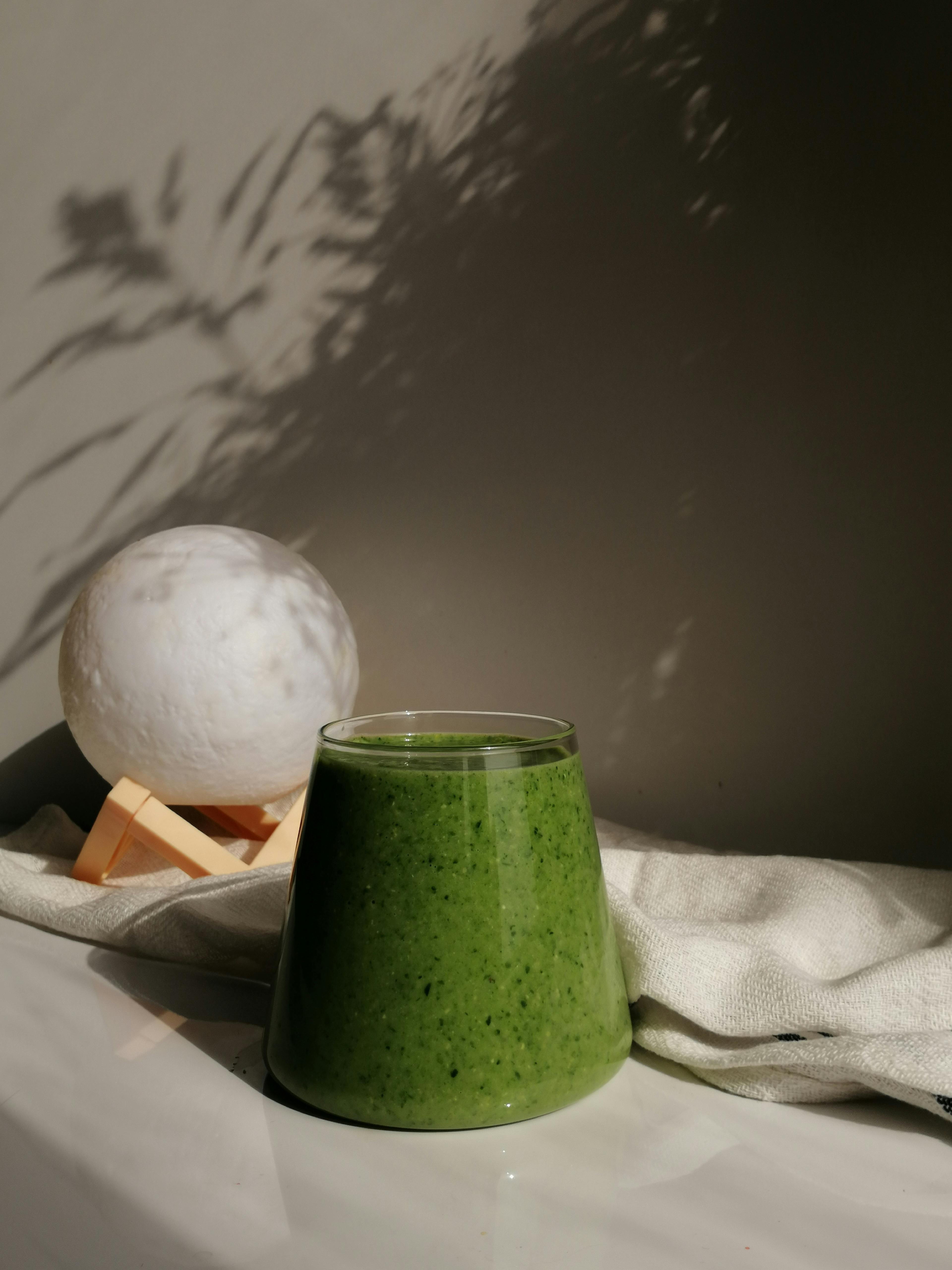Apply Now
Understanding the Psoriasis Diet and Its Importance for Skin Health
The psoriasis diet is becoming increasingly recognized for its vital role in managing skin health, particularly in 2025. This dietary approach emphasizes the inclusion of anti-inflammatory foods while avoiding items that could trigger flare-ups. By implementing a 7-day meal plan that focuses on healthy fats, lean proteins, and fiber-rich vegetables, individuals with psoriasis can improve their skin health and potentially reduce the severity of their condition.
One of the key benefits of adhering to a psoriasis diet is the reduction of inflammation markers within the body, which is crucial for those experiencing psoriatic arthritis or severe psoriasis flare-ups. Eating a variety of nutrient-dense foods not only enhances overall well-being but also supports immune function and promotes healing.
In this article, we'll outline an effective 7-day meal plan and provide additional tips on gluten-free options, portion control, and incorporating probiotics to enhance gut health. Ultimately, this roadmap will help readers understand the connection between diet and psoriasis, guiding them toward healthier choices that can make a significant difference in their skin health.
Crafting an Effective 7-Day Meal Plan for Psoriasis
When creating a psoriasis-friendly 7-day meal plan, it is essential to include meals that are rich in antioxidants, healthy fats, and fiber. This entails focusing on varied sources of whole foods, which can alleviate inflammation effectively.
Day 1: Clean Start
For breakfast, start your day with a smoothie made of spinach, banana, almond milk, and chia seeds. This combination provides hydration and omega-3 sources. Lunch could consist of a quinoa salad topped with vegetables and sliced avocado, which offers both complex carbohydrates and healthy fats. Dinner might include grilled salmon (a superb omega-3 source) paired with steamed broccoli and sweet potatoes.
Day 2: Emphasizing Antioxidants
For breakfast, a bowl of oatmeal topped with blueberries and walnuts provides fiber and antioxidants. Lunch may feature a kale and roasted beet salad, drizzled with a lemon-tahini dressing for a flavor boost. Dinner could involve baked chicken thighs with a side of brown rice and asparagus.
Day 3: Lean Protein Day
Starting the day with a vegetable omelet can be energizing. For lunch, consider a turkey lettuce wrap with cucumbers and carrots, featuring a side of hummus. Dinner can be a stir-fry with shrimp, lots of colorful veggies, and a splash of soy sauce, served over quinoa.
Day 4: Exploring Superfoods
A smoothie bowl for breakfast packed with kale, banana, and hemp seeds can kick off the day right. Lunch could feature a chickpea salad with chopped vegetables and olive oil dressing, while dinner might consist of lentils prepared in an aromatic curry, served with cauliflower rice.
Day 5: Incorporating Dairy-Free Alternatives
A classic chia pudding topped with strawberries could satisfy your breakfast cravings. For lunch, a vegan buddha bowl with brown rice, black beans, and a variety of vegetables, drizzled with avocado dressing is ideal. Dinner could conclude the week with baked trout, mixed greens, and roasted Brussels sprouts.
Food Choices to Support Psoriasis Management
Building on these foundational meal ideas, understanding the importance of specific food choices in the psoriasis diet can greatly influence inflammation levels and overall skin health.
Fruits and Vegetables: Nature's Antidote
Including a variety of fruits and vegetables in your diet provides essential vitamins, minerals, and antioxidants. Consider incorporating berries, citrus fruits, leafy greens, and cruciferous vegetables into your meals.
Healthy Fats: Choose Wisely
Focusing on healthy fats is crucial. In particular, omega-3 fatty acids found in fatty fish, flaxseeds, and walnuts have profound anti-inflammatory properties that benefit skin conditions like psoriasis.
Grains and Complex Carbohydrates: Essential Sources
Whole grains and complex carbohydrates, such as quinoa, brown rice, and oats, serve as a strong foundation within the psoriasis diet, providing sustained energy and fiber to support digestive health.
Lean Proteins and Their Role
Incorporating lean proteins, such as chicken breast, turkey, and legumes, helps build and repair tissues, which is particularly beneficial for those suffering from skin conditions.
Hydration and Its Impact on Skin Health
With these basics established, hydration cannot be overlooked when discussing the psoriasis diet. Staying well-hydrated improves skin elasticity and can help alleviate symptoms.
Understanding the Importance of Water Intake
Drinking adequate water throughout the day optimizes skin hydration and supports detoxification, which is essential for maintaining overall health, especially for individuals with psoriasis.
Healthy Drink Alternatives
Substituting processed sugary drinks with herbal teas or infused water with fruits can be a flavorful way to improve your hydration levels.
Caffeine and Alcohol: Moderation is Key
It is also essential to limit caffeine and alcohol intake, which can dehydrate the body and potentially trigger flare-ups.
Tips for Meal Prep and Portion Control
Implementing an effective meal prep strategy can ease the transition into a psoriasis-friendly diet.
Practicing Mindful Eating
Mindful eating encourages awareness and can help individuals recognize food sensitivities and maintain portion control.
Creating Grocery Lists for Efficient Shopping
An organized grocery list helps stick to your meal plan while ensuring that only healthy options are selected, reducing the temptation for processed foods.
Meal Assembly and Timing Strategies
Food preparation techniques that incorporate batch cooking and meal assembly can save time during busy weekdays, ensuring that healthy options are always at hand.
Common Questions About the Psoriasis Diet
What foods should I avoid on a psoriasis diet?
Avoiding processed foods and refined sugars is crucial. Additionally, some individuals may need to steer clear of nightshade vegetables, such as tomatoes and eggplants, depending on personal tolerance.
Can a psoriasis diet be beneficial for other skin conditions?
Yes! Many principles such as focusing on anti-inflammatory foods and reducing sugar can also benefit individuals with eczema and other skin-related issues.
Are there specific supplements I should consider?
Incorporating omega-3 supplements, vitamin D sources, or probiotics can sometimes support skin health; it's advisable to discuss these with a healthcare professional.
Its part of generated content. Can i generate another part?

